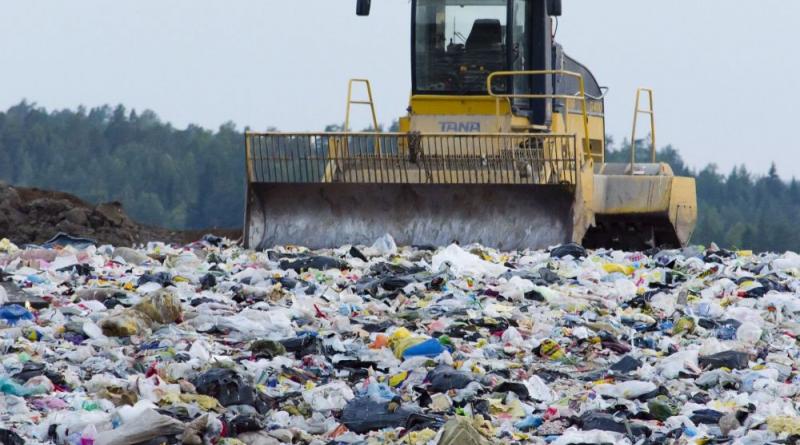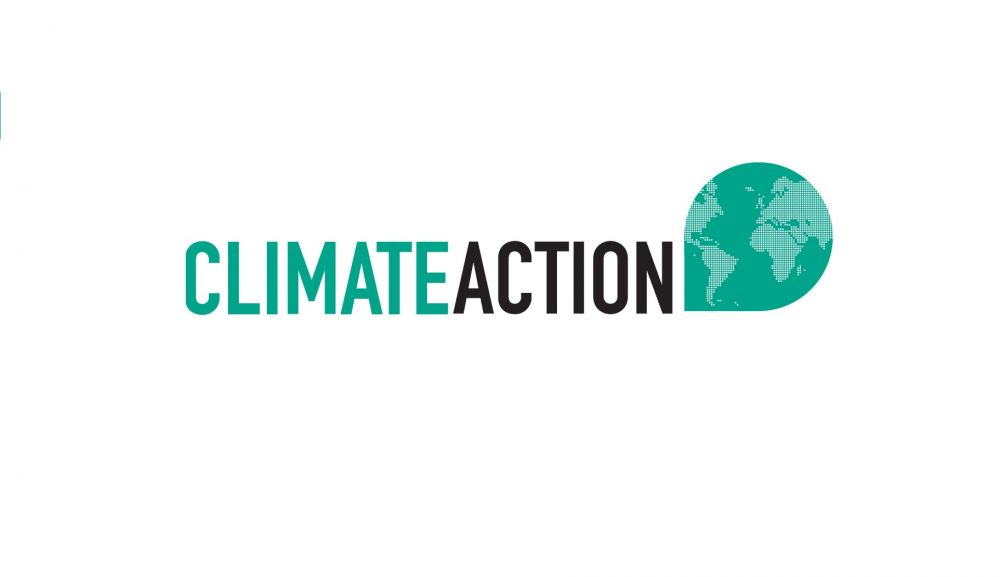People eat up to 200,000 plastic particles a year, study finds.

A new study has found that humans are ingesting up to 200,000 pieces of microplastic every year.
Evaluating the number of microplastic particles inside commonly consumed foods, a study, published by Environmental Science and Technology, finds the figure reaches up to 200,000 per person each year.
Plastic particles sourced by food, water and inhalation were examined in the study, evaluating an average American calorie intake and diet.
Data showed microplastic food consumption ranges from 39,000 to 52,000 depending on gender and age. When considering inhalation, these approximations reach between 74,000 and 121,000.
When adding the recommended water intake from bottled water, an individual could ingest an additional 90,000 particles. Collectively, this could reach 210,000 microplastics a year.
Microplastics are distinguished by being less than five millimetres and may enter food and water through animal consumption, contamination in production and by plastic packaging. Microbeads, a type of microplastic are very small manufactured polyethylene that are often added to cosmetics such as exfoliants, cleansers and toothpastes.
Health risks of microplastics remain uncertain, however data points to the capabilities of small microplastics entering human tissues and triggering immune reactions or releasing toxic substances.
The research, conducted by Dr Kieran Cox, is the first to investigate and approximate the ingestion of microplastics by humans.
Concerns of microplastics extend to the environment. The study pointed to the trajectory that 12 billion metric tons of plastic will be in landfills and ecosystems by 2050. In 2015, this amount was a relatively lower 4.9 billion metric tons.
Microbeads in particular are a concern as they easily transfer into water systems and travel into the ocean and lakes. The US National Ocean Service point out that microbeads have been an issue for 50 years, as plastics have replaced natural ingredients in products.
Whilst health concerns from microplastics are unknown, it is known that microplastics absorb and emit harmful pollutants, building up the oceans, lakes, landfill and ecosystems.
Read the full study here.
5 June 2019





